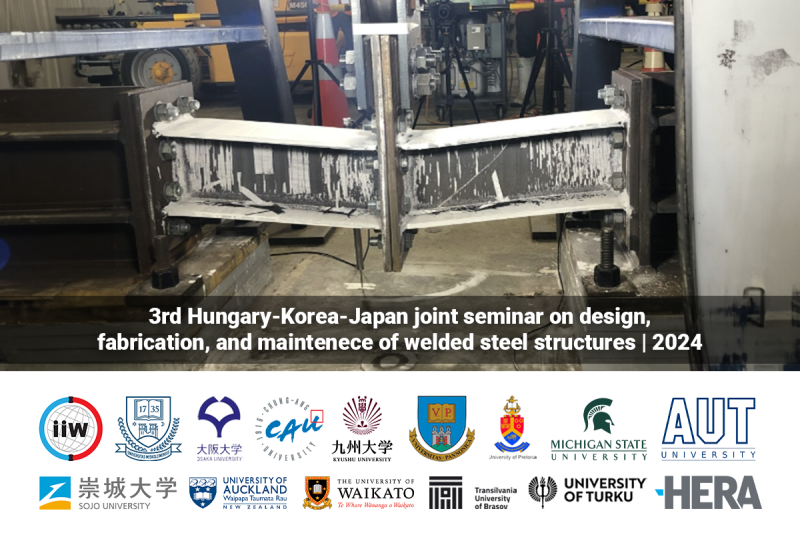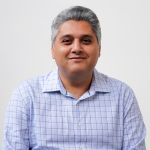HERA is proud to have contributed to the recent 3rd Hungary-Korea-Japan joint seminar, an online platform for sharing knowledge about designing, making, and maintaining welded steel structures.
Experts from Hungary, Korea, and Japan, along with researchers and engineers from around the world, gathered to discuss their research and strengthen connections between their countries. Additionally, the seminar played a significant role within the International Institute of Welding (IIW), specifically in Commission XV, focusing on the design, analysis, and fabrication of welded structures.
Highlighting the key findings and insights from our research
One notable presentation came from our Seismic Research Programme with the research title “The Use of Equivalent Full Penetration Butt Welds for Seismic Applications”. This work was a collaboration between ourselves and several academic institutions including University of Auckland, Waikato, Auckland University of Technology, and University of Michigan, as well as industry. Led by our General Manager Fabrication 4.0 | Welding Centre, Dr Michail Karpenko and Lead Research Engineer | Seismic Systems, Dr Hafez Taheri; along with our collaborators, the study addressed crucial aspects of weld sizing for seismic-resisting systems.
The research emphasised the effectiveness of fillet and partial penetration butt welds in structural steel connections, offering comparable performance to complete penetration butt welds but at lower costs. It shed light on misconceptions among design engineers regarding the specification of these weld types and proposed revisions to existing standards to optimise weld sizes.
The findings also suggest the use of some multipliers for easy calculation of throat sizes of welds based on the loaded plate thickness in T joints, leading to more cost-effective weld sizing. Ultimately, the research aims to enhance efficiency and economy in weld design for seismic applications.
The outcome of this research will also be presented at the NZSEE2024 conference and published as a conference paper in NZSEE2024.
Advancing sustainable welding practices
Our Seismic Research Programme makes a continued contribution to enhancing the resilience, economy, and sustainability of steel structures. By fostering international collaboration and knowledge exchange, it aims to drive innovation and ensure the safety and resilience of steel structures in seismic-prone regions such as New Zealand.
The presentation at the seminar marks a contribution to advancing sustainable welding practices in seismic engineering and sets a precedent for more effective and economical weld designs in the field.
If you’d like to find out more details about our mahi in seismic research, feel free to contact Hafez to have a korero.


